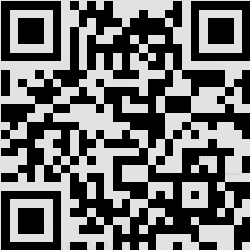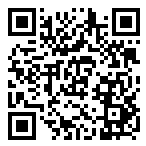

Fix the money, Fix the world. Make war unaffordable and give away some sats to the Bitcoin network that will never be spent again. By doing so, you raise scarcity, worth and overall attention for Bitcoin.
So feel free to send some sats right now to the untouched Genesis Address owned by Satoshi Nakamoto:
1A1zP1eP5QGefi2DMPTfTL5SLmv7DivfNa

Our goal is to spread the word for Bitcoin, the way of life and mindset coming along with this outstanding technology. To also make this site more adorable we appreciate very much in advance your sats donated to our project makewarunaffordable.com. Thanks for supporting our work!
13xUd1yhyiP7mUjwHyMxnHNetho3hsZ74j

As a next step we are planning to implement a trustless method to generate an address for donations to the Bitcoin Network. Until then you have to still have to trust in the integrity of Satoshi Nakamoto. But who doesn't? ;-)
The statement that "Bitcoin can make war unaffordable" is often associated with the idea that the adoption of the decentralized cryptocurrency Bitcoin could potentially undermine the financial systems that governments and military organizations rely on to fund wars. This idea is based on several interconnected factors:
1. **Decentralization:** Bitcoin operates on a decentralized network, which means it isn't controlled by any single entity, government, or organization. This decentralization could potentially make it harder for governments to freeze assets, control transactions, or impose economic sanctions during times of conflict.
2. **Censorship Resistance:** Transactions conducted using Bitcoin are generally considered censorship-resistant. This means that it might be difficult for governments to prevent individuals or organizations from sending or receiving funds, even in the midst of a war or conflict.
3. **Pseudonymity:** While Bitcoin transactions are recorded on a public ledger (the blockchain), the identities of the people involved in those transactions are not directly tied to their real-world identities. This level of pseudonymity could make it harder for governments to track and target individuals or organizations they perceive as threats.
4. **Global Accessibility:** Bitcoin can be accessed and used by anyone with an internet connection, regardless of geographic location. This could enable people in conflict zones or under oppressive regimes to access financial resources, aid, or support that might otherwise be restricted by traditional financial systems.
5. **Reduced Control over Monetary Policy:** If a significant portion of a country's population adopts Bitcoin, it could potentially limit the government's ability to control its own monetary policy. Governments often rely on the ability to print money or control interest rates as tools to manage their economies, including funding wartime efforts. If a sizable portion of the population uses an alternative currency like Bitcoin, it could undermine the government's control over its own currency.
6. **Economic Pressure:** As more people adopt Bitcoin and use it as a store of value or means of exchange, it could reduce the reliance on traditional fiat currencies. This, in turn, might impact the stability of a country's economy, making it more difficult for governments to secure the necessary resources to sustain a war effort.